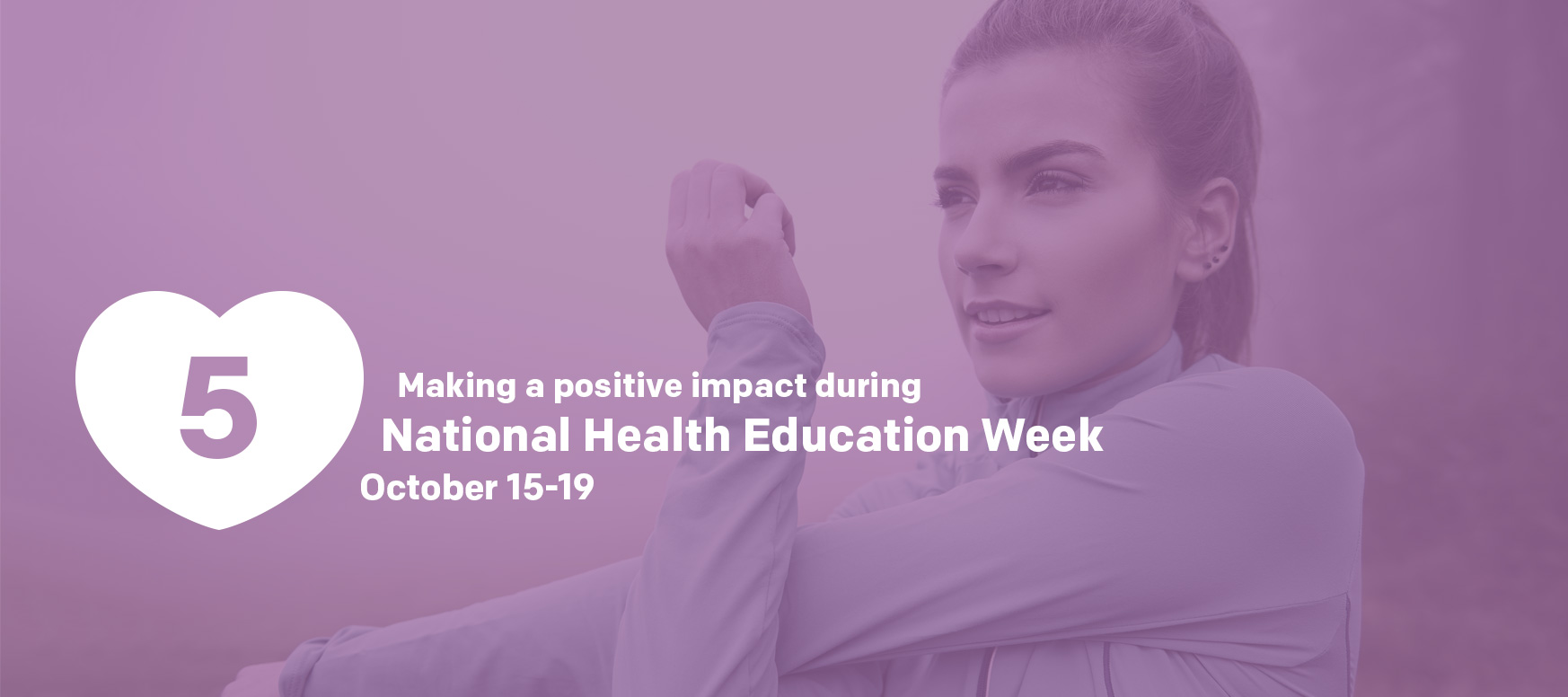Successful Sleep Satisfies, Day and Night ft. eM Life

By: Andrea Lieberstein, MPH, RDN, RYT / eM Life
If you pay attention to health news, you’ll know getting at least seven to eight hours of sleep per night makes a huge difference in your sense of well-being, mood, creativity, and problem-solving abilities every day. But it’s also clearer than ever how much it can also impact your overall health and longevity. Differences you notice in how your own life and body feel to you can be the greatest motivators to get sufficient sleep regularly.
Time can easily slip away while streaming an extra TV episode, checking a news site for what we missed around the world recently, or getting caught up on email and social media, or simply browsing longer than planned on the web.
Using mindful awareness to assess how our habits contribute to or detract from our overall well-being is our best tool for taking steps toward lasting changes. In this way, mindfulness can be very helpful for getting the amount and quality of sleep we need.
Mindfulness includes the important ability to pause our busy lives, notice what is going on around us, and shift ineffective habits. Whether for a momentary check-in, or a deep-dive re-evaluation of our priorities and approaches, pausing allows us greater clarity and connection to what we truly need, as we make choices. “Is watching one more episode what I really want deep down? Am I better served to send another email when I’m exhausted, or can it actually wait for the morning?” And whatever the answer, we’re moving forward having disrupted the mindlessness, or lack of awareness, that can build up in the midst of rote, daily to-dos.
On the topic of shifting from mindlessness to mindfulness, the science of sleep hygiene illuminates a well-established list of best practices to help improve sleep duration and depth. We can use mindfulness to assess our sleep habits and choose changes that can make a difference. Try these mindful sleep game- changers to improve your sleep habits.
Time Spent Before Bed Makes a Difference. Be mindful about how you spend your evenings. It can determine how easily you fall asleep and the quality of your sleep. The time after any full, busy day is particularly impactful. You may still have responsibilities after the day is done, such as preparing a family dinner or getting the kids to bed. But creating a mindful routine between addressing your last responsibility of the day and your bedtime can help.
- Wind down activities that get your adrenaline going. At least one hour before your bedtime, shift away from using the internet, watching the news, or consuming media that increase adrenalin or stress. Instead, try viewing more relaxing content at this time. Better yet, avoid screen time the hour before bed, as the blue light emitted by screens can interfere with the production of melatonin, which controls our circadian rhythm.
- Create relaxing bedtime rituals. Turn on soft lighting or soothing music, do some gentle stretching, or practice mindful meditation, read a favorite book.
Set a Clear Bedtime. Pick a regular bedtime that will give you the hours of sleep you need. Then stick with it. You can work backward from your bedtime to determine when to start winding down and incorporate other tips to help ensure you have an easier time falling asleep. If you wake frequently at night, practicing a mindfulness meditation can help you fall asleep again.
Bask in Morning Light. When you first wake up, open your windows, let the light shine in, and maybe spend a moment in appreciation and gratitude for at least three things in your life. Exposing yourself to morning light first thing helps you wake up and fall asleep on a more regular schedule. And starting out well rested and thankful makes the rest of your day a little brighter.
About the author
Andrea Lieberstein is the bestselling author of ‘Well Nourished: Mindful Practices to Heal Your Relationship to Food, Feed Your Whole Self and End Overeating’, Instructor eMindful, Speaker, Trainer, Mindfulness and Mindful-Eating Coach
—
To view the full article, click here. Also published on Medium. To learn more about mindfulness, please visit eM Life, eMindful’s online mindfulness resource. Stay tuned for eM Life online courses coming soon on the Wellbeats platform, which will include topics such as mindful eating, managing workplace stress, and anxiety. Availability may vary according to your Wellbeats subscription package.
To celebrate National Health Education Week on October 15-19, Wellbeats will be sharing tips each day to make a positive impact on public health. To learn more about the Society of Public Health Education, click here.